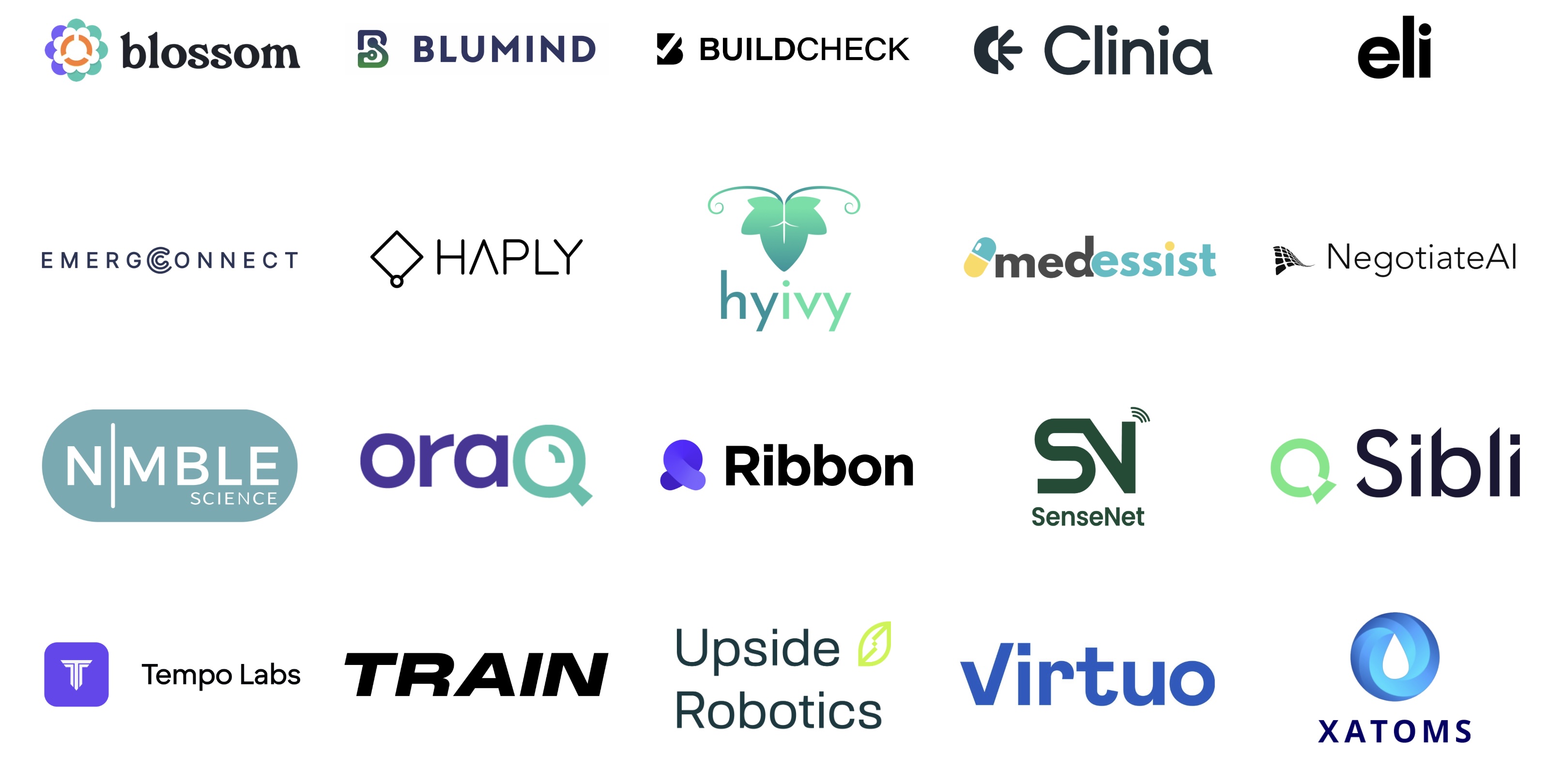Connecting with people and networking is an important part of building your career in Canada. In this article, we want to share some tactical advice with you on what to do to increase your visibility, make new connections and get a job. This approach does not guarantee absolute success right away, but with the right level of patience, perseverance and creativity, you will build great connections!
According to Google dictionary:
Networking is the action or process of interacting with others to exchange information and develop professional or social contacts.
The way we put it - it's being sociable, being nice, finding things in common and exchanging value - advice, support or knowledge.
The main premise here is - to give before you get, and always strive to provide value to someone before you ask them for something. Unfortunately, many people think that sending a message to a stranger saying "Hi, I'm this and that and I'm very experienced, I was hoping you can help me get a job" is a way to network and get good results. But it is not, it's actually a bad way to start a conversation or network, but at least if you're polite enough you can get some sort of response, even if it's not what you were hoping to hear, something like: "Yeah, sure, here you are, there's this job position, apply and it's yours!".
According to multiple research that has been done on this topic, networking has consistently been named the most effective way to get a job. In fact, the majority of jobs in Canada are filled through referrals.
Networking is particularly important for newcomers - when you arrive in a new country, no one knows who you are, what you have done and what you're capable of. Employers would be hesitant hiring someone brand new and fresh off the boat, simply because they wouldn't know how good you actually are. They wouldn't know whether you'd be a culture fit and whether you'd get along with the rest of the team.
That is why you will need to put in extra effort to start building your connections in a new country. Before we dive in, here are 3 main principles of networking:
- Never openly ask for an interview. Instead, ask questions to find out more information about whether the company is expanding, its culture, employees and work environment. Let people know you want to learn from their experience in your field.
- Never ask for a job. As you talk with both old and new connections, simply let them know you're in the market for a certain role and would appreciate it if they let you know about any potential opportunities.
- Stay in touch. No need to bother the other person too often (unless you're becoming friends). Even if it's once in a few months, keep the communication line open with the other person, so in case something comes up, you'd be the first one they'll think about and it would be easy to reach out to you.
Next, start using social media to expand your social circle:
**1. Linkedin**
Linkedin is one of the most powerful tools for you to use to start networking. It's the world's largest professional network, which gives you vast and also the most precise access to the people in your professional field. It is heavily used for recruiting as well.
So the first thing you will need to do is pretty up your Linkedin profile: update all the information about companies and roles you’ve performed, try to concentrate on your achievements instead of duties, highlight your interests and don’t forget about your qualifications.
First, identify companies you'd like to work at and hashtags related to your interests, and follow them.
- Find people in your profession/role that work in the companies you follow, as well as HR/Recruiters and add them on LinkedIn. Make sure to add a friendly message that gives context on why you're adding them. The benefit of having those people in your connections is that you'll get fresh updates from them on what's happening in the company and any new job postings.
- Once you're connected with them, engage with their posts - add meaningful comments to the posts they are making - this will help you start building credibility and a relationship with that person.
- Give before you ask. Try to provide value to your connections before asking for something in return - do not ask them to help you with a job right away. This will go a long way - when the time is right, ask for a coffee chat or Zoom call to meet.
Next, strive to publish your own content. Perhaps you like to read industry reports, or simply have stories and experiences to share - don't be shy and make posts on LinkedIn, also use hashtags and tag companies - this will increase your visibility, people will engage with your posts and you will start building credibility in your field.
**You must be wondering how will all that help you get a job...**
Doing all this will help increase the visibility of your profile, it will make people curious about who you are and they will check your profile out, and so will recruiters who might be hiring for roles you might be interested in - you won't even have to ask for a job, they will come to you! Apart from other things, Canadians might hesitate to hire immigrants because they're afraid they would not be reliable or not a good cultural fit - meaning their behaviour patterns will be too different from what Canadians are used to. But if you are already on Linkedin and are playing the networking game, it's a lot easier to look like a "you're one of us" guy.
Lifehack: if you are moving to Canada but are not yet in Canada change your location to Canada - it will make your life and job hunt way easier!
**2. Facebook groups**
Another great way to start networking and scouting for jobs is through various Facebook groups.
Try doing city based search on the industry you're in. If you're an Engineer - you might search for keywords like "Professional Engineers in Ontario" or if you're into startups, you can search "Toronto Startups".
You can join the group and start participating in it - remember, give before you ask. Canada is a country that's built on relationships and trust, so you've got to provide value first, become noticeable, and then make your ask if you have to.
On Facebook, similarly to Linkedin, you can participate in discussions by leaving comments and sharing your knowledge - that's how you can start building relationships with people. When the time is right, you can engage with people 1on1 and start getting to know them better. Or you can ask for advice in the job search - remember, don't openly ask for a job!
Another great way to build up some karma is to offer a free consultation in your field of expertise - people love getting free stuff, and in return, you will get a chance to shine and provide value. Once you've done that, you can definitely ask for some introductions or referrals of interest.
Before you start networking on Facebook, please don't forget to make it look nice, put a real picture of you, delete all inappropriate content from your page, and add information about your education and job experience. No need to make it look like your LinkedIn profile. What we mean is that if someone is your potential colleague or manager and checks out your Facebook page, he/she'd prefer to see posts about how much you like playing sports or travelling, instead of partying topless with a bottle of beer in hand. Sports and travelling draw an image of a competitive open-minded person, who likes scoring goals and broadening their horizons, drunk parties draw an image of immaturity and sick days you're going to ask for.
Networking on the internet has its pros and cons. Your advantage is that you can build a nice image of yourself, and show your best side only. The disadvantage is that if you prefer face-to-face communication, it's unavailable, and you need to learn how to make a good impression online only.
**3. Communities**
Do not underestimate the power of communities! if you turn to your communities for a job - it will be a lot easier. Oftentimes, Italians hire Italians, Indians hire Indians, Russians hire Russians and so on - simply because we are so much more familiar with our own culture, it's a much lesser risk. And if something goes wrong - we can talk to each other in our native language to get on the same page. Additionally, your fellow comrade can help you and guide you as you adapt to Canadian work culture.
All the same rules from above still apply, stay friendly and professional. Just because you came from the same country doesn't mean people owe you any help. It goes both ways: it doesn't mean you can settle for small salaries (smaller than the market's average) and unfair work conditions!
There are many more ways to network that we haven't mentioned, such as networking events, meetups, information interviews, job fairs, professional associations, etc. Make sure you do your research and choose what works best for you! And don’t forget to use the knowledge you’ve already gained. Good luck!



